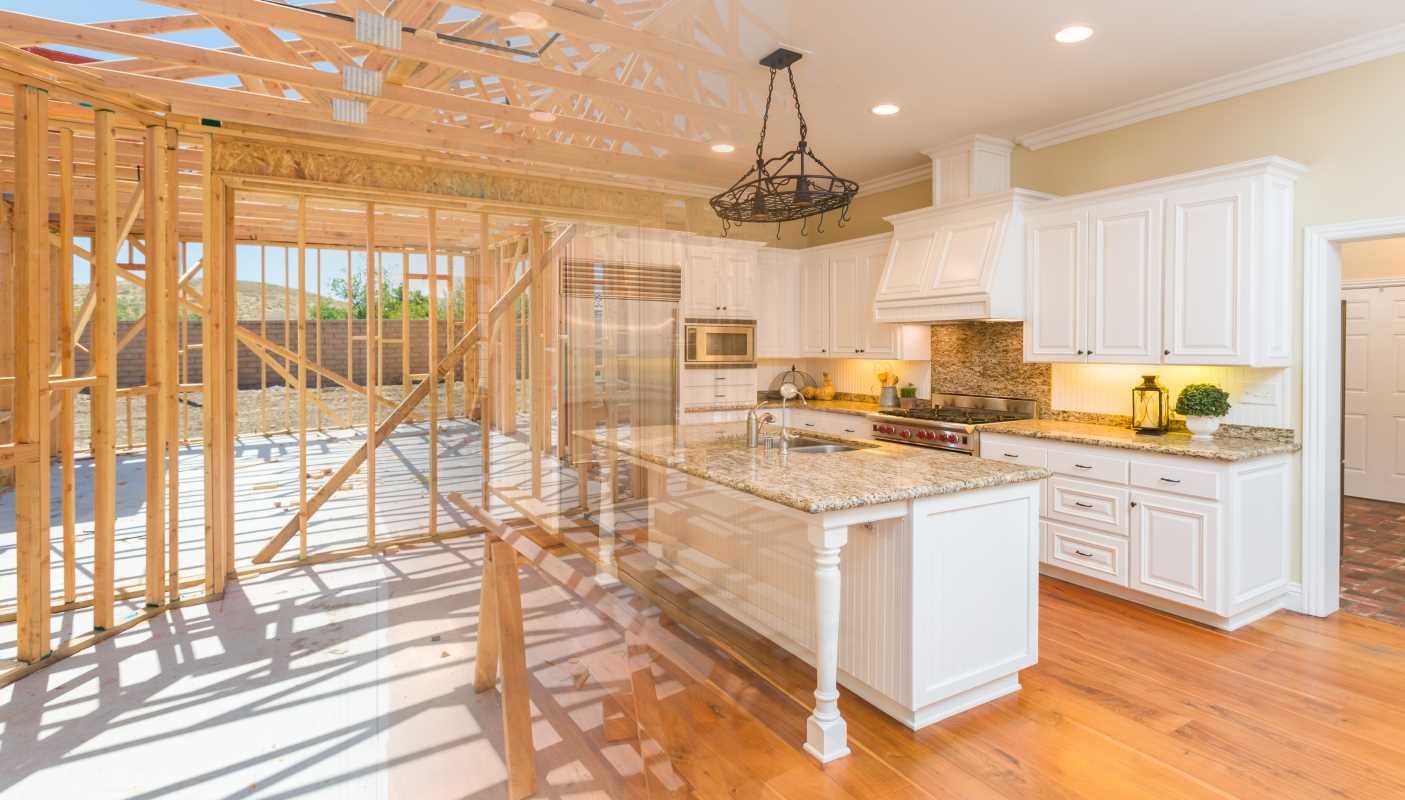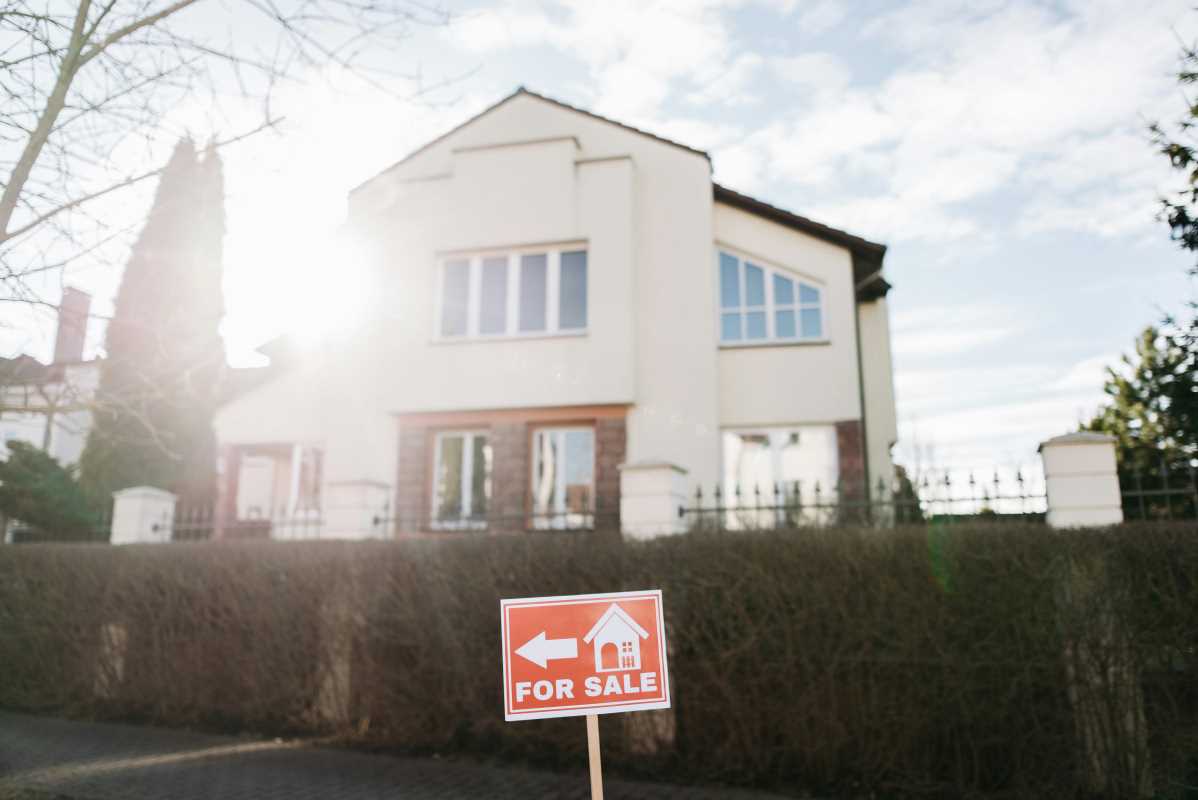Buying a new construction home holds undeniable appeal. Who wouldn’t want a home with brand-new appliances, sparkling finishes, and the ability to customize spaces to your liking? But while the perks are tempting, new construction homes can come with their own unique set of challenges. Hidden costs, builder contracts, and quality concerns can catch even seasoned buyers off guard.
To help you avoid these common pitfalls, we’ve put together a guide filled with practical advice to ensure your new construction home purchase is smooth and stress-free. Whether it’s your first time buying or you’re upgrading to something new, here’s how to avoid the common missteps.
Pitfall #1: Overlooking Hidden Costs
It’s easy to get lured in by the base price of a new construction home, but what you see isn’t always the final price you’ll pay. These properties often include additional costs for upgrades, lot premiums, and homeowners’ association (HOA) fees that can quickly add up.
How to Avoid It:
- Ask for a detailed cost breakdown: Before committing, request a cost sheet that outlines the base price and potential add-ons.
- Budget for upgrades: Builders often use basic finishes to hit a lower advertised price. Upgrading countertops, floors, or fixtures will cost extra.
- Be mindful of ongoing costs: If the community includes amenities like a pool or fitness center, expect higher HOA fees over time. Always include these in your budget planning.
Pitfall #2: Skipping a Home Inspection
Many buyers assume that a brand-new home doesn’t need an inspection, but that can be a costly mistake. Even new construction homes can have issues, such as faulty wiring, plumbing leaks, or poorly installed materials. Construction involves human labor, and mistakes can happen.
How to Avoid It:
- Hire an independent inspector: Don’t rely on the builder’s inspector alone. Hire a licensed home inspector to thoroughly evaluate the property during construction phases and once it’s completed.
- Schedule multiple inspections: Consider a “pre-drywall inspection” while the framing and systems are exposed, followed by a final inspection after completion.
Pitfall #3: Agreeing to a Builder's Contract Without Question
Builders often use their own contracts, and these agreements are generally written to protect their interests. They can contain terms that are less favorable to the buyer, such as limited liability for delays or unfinished work.
How to Avoid It:
- Consult a real estate attorney: Have a lawyer review the builder’s contract before signing. They can explain terms and negotiate for favorable conditions.
- Work with a real estate agent: An experienced agent familiar with new constructions can guide you through the process and advocate for your best interests.
- Negotiate key items: Ask for extended warranty coverage or allowances for customization as part of the deal.
Pitfall #4: Underestimating Construction Delays
Building a home takes time, and delays are inevitable due to weather, labor shortages, or supply chain issues. This can be particularly problematic if you’ve already sold your current home or arranged a timeline for moving.
How to Avoid It:
- Discuss completion timelines upfront: Ask the builder for a realistic estimate of the project timeline, and get any completion dates outlined in your contract.
- Plan for flexibility: Have a backup plan for temporary housing or allow some overlap between selling your current home and moving into the new one.
- Monitor progress: Stay in communication with the builder and visit the site regularly to stay updated.
Pitfall #5: Not Researching the Builder’s Reputation
Not all builders are created equal. Some excel in quality craftsmanship and customer service, while others fall short. Failing to vet your builder could leave you with a home that doesn’t meet your expectations.
How to Avoid It:
- Check reviews and references: Look up reviews online, request references, and visit previous communities built by the same developer. Speak with homeowners to learn about their experiences.
- Verify licensing and experience: Ensure the builder is licensed, insured, and has a proven track record.
- Ask about warranties: Reputable builders typically offer extended warranties that cover structural elements and systems. A good warranty is a sign of confidence in their work.
Pitfall #6: Ignoring Community and Location Factors
The house might be perfect, but choosing the wrong location or overlooking community factors can dampen your satisfaction over time. Proximity to schools, work, social spaces, and the overall vibe of the community all matter.
How to Avoid It:
- Explore the area: Visit the neighborhood at different times of the day to assess traffic, noise, and accessibility.
- Consider future development: Research any upcoming projects in the area that could impact property values or quality of life.
- Ask for a site map: Understand the lot’s orientation and what’s planned nearby. For example, avoid purchasing next to future commercial buildings if you prefer a quieter setting.
Pitfall #7: Overindulging in Customization
One of the joys of buying a new construction home is the ability to personalize it. However, it’s all too easy to go overboard with upgrades and end up exceeding your budget or pricing yourself out of the market if you plan to sell later.
How to Avoid It:
- Prioritize essentials: Focus on upgrades that add value, such as energy-efficient features or durable materials, rather than purely aesthetic changes.
- Stick to your budget: Agree on your non-negotiables before visiting the design center to avoid impulse decisions.
- Research market trends: Understand which upgrades hold value in resale. Expensive customizations tailored to your tastes may not appeal to future buyers.
Buying a new construction home can be an exciting opportunity to build the space of your dreams, but it’s not without its challenges. By understanding common pitfalls and preparing for them, you can save time, money, and unnecessary headaches.
Here are the key takeaways for a successful new construction home purchase:
- Do your homework on costs, builders, and contracts.
- Plan ahead for delays and unexpected expenses.
- Hire professionals like inspectors and agents to guide the process.
A little preparation goes a long way. By taking these steps, you’ll not only avoid common missteps but also set yourself up to fully enjoy your new construction home for years to come.
 (Image via
(Image via

.jpeg)



